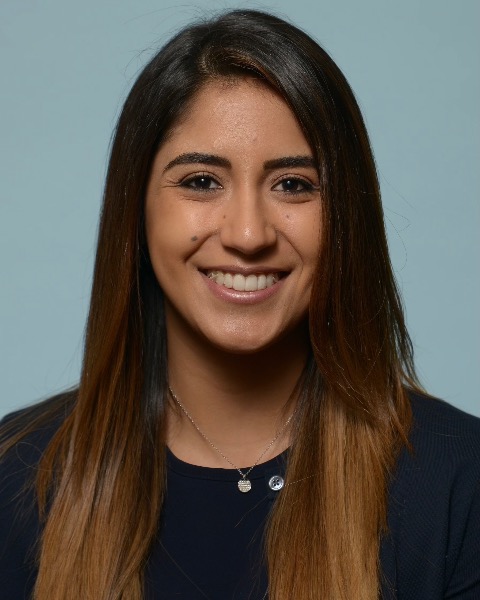Critical Care Works in Progress
Session: Critical Care Works in Progress
WIP 33 - Exploring Communication around End-of-life among Spanish speaking families in Pediatric ICU
Friday, April 25, 2025
5:30pm - 7:45pm HST
Publication Number: WIP 33.7519
Nicole Lopez Perez, UCSF Benioff Children's Hospital San Francisco, San Francisco, CA, United States; April Edwell, UCSF Benioff Children's Hospital San Francisco, Oakland, CA, United States; Emily Morell, UCSF Benioff Children's Hospital San Francisco, San Francisco, CA, United States; Anda Kuo, University of California, San Francisco, School of Medicine, San Francisco, CA, United States

Nicole Lopez Perez, MD (she/her/hers)
Pediatric Critical Care Fellow
UCSF Benioff Children's Hospital San Francisco
San Francisco, California, United States
WIP Poster Presenter(s)
Background: Spanish speaking patients and families often experience inequities across the spectrum of health care delivery related to the linguistic barrier. However, how a language discrepancy might affect communication and care during the vulnerable period of end of life remains poorly understood. We hypothesize that Spanish speaking families in the Pediatric Intensive Care Unit (PICU) are more likely to perceive poorer communication of medical information and are less likely to share the mental model of the provider team regarding end-of-life conversations.
Objective: To describe the perceptions and experiences of Spanish-speaking parents surrounding decision making and communication at end of life in the PICU.
Design/Methods: This is a retrospective, mixed methods, cohort study across three pediatric intensive care units at a single institution. Participants were Spanish-speaking parents of patients who died between 2018-2022. The study sample was obtained from the UCSF Virtual Pediatric Systems and Pediatric Cardiac Critical Care Consortium, approved by the UCSF IRB. Prospective subjects were recruited via a combination of mailed letters and telephone calls. Participants completed a survey and securely recorded semi-structured interview either via telephone or ZoomTM conducted by PI (NLP), a native Spanish speaker. All recordings were then translated to English via UCSF interpreting services. Preliminary results show all families rated communication in their native language in making end-of-life decisions as "very important." While 60% of families rated overall communication positively, 40% had negative experiences. To further interrogate this, we have begun comprehensive thematic and narrative analysis. We have developed a preliminary codebook in DedooseTM and plan to further refine it and apply it to all transcripts. We have begun to note the primacy and compounding effects of isolation - both in the physical sense and culturally/socially. We aim to have completed the data analyses by the end of calendar year 2024 so that we can begin manuscript preparation in spring of 2025.

